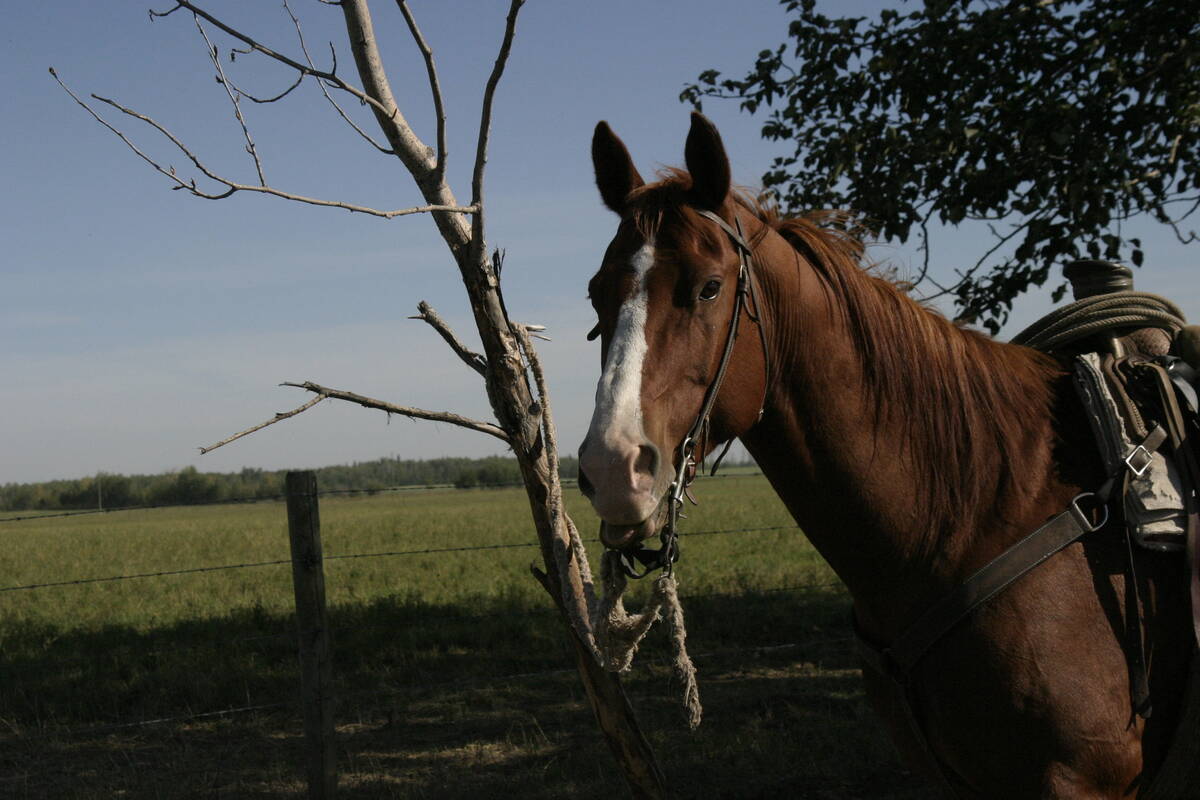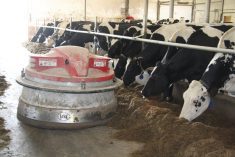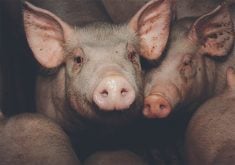PRINCE GEORGE, B.C. – Canada’s first national quality audit of the beef sector may help the Canadian Cattlemen’s Association to be number one internationally.
The audit of meat quality looked for costly defects present in the beef supply. It also offered suggestions for improvements to ensure the highest standards for safety and quality. Taking part in the audit were cattlemen’s organizations, veterinarians, the livestock marketing association, government, the dairy industry and the Canadian Meat Council.
“We have to remember we produce food, not cattle,” said Joyce Van Donkersgoed, who presented the audit at the recent British Columbia Cattlemen’s Association convention in Prince George.
Read Also

Horses challenged when asked to be weekend warriors
Horses are creatures of consistency. Their bodies and nervous systems are designed for steady, rhythmic movement, low-intensity grazing and regular social interaction.
The audit recommends stricter record keeping to evaluate where improvements are needed and if progress is happening.
“Right now, losses are averaged out across the industry and there isn’t a lot of incentive to change,” Van Donkersgoed said.
There will be additional studies to pinpoint problems at the retail end where injection site injuries or bruising regularly appear. These ugly defects are often hidden in a cut of meat and aren’t noticed until it reaches the retailer or consumer.
May study pathogens
A cull cow study is also being initiated. E. coli bacteria and salmonella are two common pathogens carried by cows in their guts and spread through manure.
“We don’t have a handle on how widespread these two are,” she said.
Food safety will also be measured by a tag score study checking mud and manure on hides. When carcasses are skinned, dirty hides can scatter contamination. All visible dirt has to be trimmed off with a knife according to Agriculture Canada regulations. Microscopic contamination remains and can cause potentially fatal illnesses such as hamburger disease if meat isn’t properly cooked to kill the bacteria.
There will also be a study on food irradiation which is known to kill pathogens.
Best management practices are also being drawn up with one for the cow/calf sector expected later this year.















